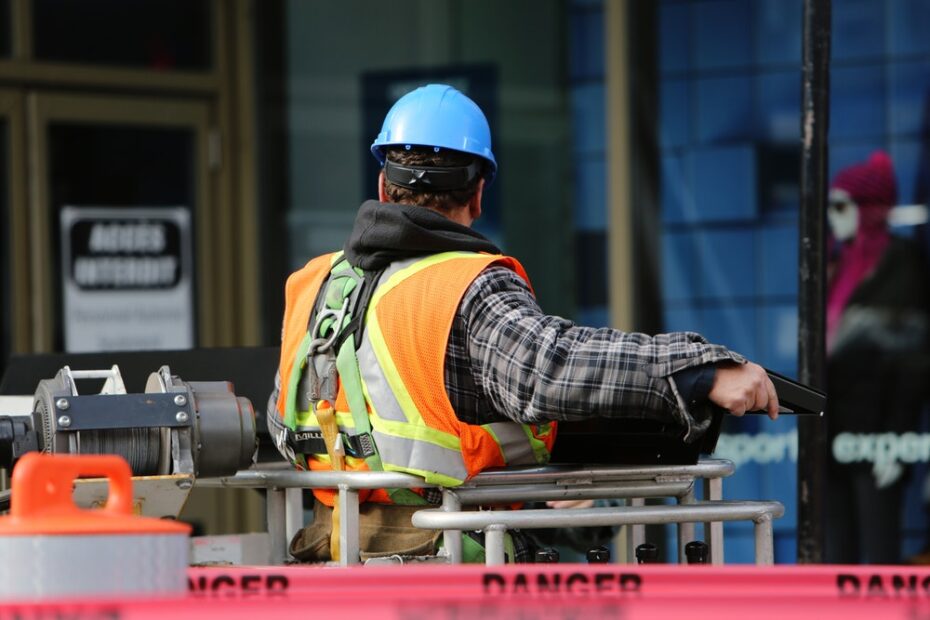In recent years, changes to relevant New South Wales laws made it difficult – if not impossible – for people whose work-related injuries worsened over time to seek compensation for necessary treatment, including surgery. But this could soon change, thanks to a recent NSW Workers Compensation Commission ruling in the case of a retired railway worker.
The worker, Sam Baldacchino, hurt his knee on the job while working for Pacific National (then Freight Corp) back in 1999. The injury worsened over the years, causing the joint to deteriorate so much that doctors recently advised him to have it replaced.
By 2016, there was ample evidence that:
- The joint deterioration that occurred over time was related to a work-related injury sustained in 1999;
- He needed the knee replacement because of the initial injury; and
- The surgery meets the legal criteria for an ‘artificial aid’ under relevant laws.
Even so, the case went to arbitration, where the insurer made several arguments. After the Arbitrator found its first contention lacked merit – namely that the surgery was unrelated to the initial injury sustained on the job – the insurer raised two additional contentions about Mr Baldacchino’s right to “claim surgery.”
First, the insurer pointed out that he was no longer eligible for additional weekly benefits, and it had been more than five years since his receipt of such payments ended. This is an important distinction because of two new provisions in section 59A of the Workers Compensation Act 1987.
Subsection 59A (1) specifically states: “Compensation is not payable to an injured worker under this Division in respect of any treatment, service or assistance given or provided after the expiry of the compensation period in respect of the injured worker.”
Furthermore, subsection 59A(2)(b)(ii) defines a five-year compensation period as one applied to a work-related injury resulting in a legally acceptable degree of permanent impairment that begins on “the day on which weekly payments of compensation cease to be payable to the worker (if weekly payments of compensation are or have been paid or payable to the worker).”
Based on these provisions, the insurer argued, Mr Baldacchino had no right to any compensation for his knee replacement surgery.
However, another new stipulation in section 59A of the Workers Compensation Act 1987, lists the exceptions to this rule. As per subsection 59A(6)(a), the time limits do not apply to “the provision of crutches, artificial members, eyes or teeth and other artificial aids or spectacles (including hearing aids and hearing aid batteries).”
In this case, the insurer argued that the term “artificial aids” did not apply to knee replacement. In its opinion, the term only applies to “external” devices. However, the Arbitrator disagreed based on legal precedent, and his decision was upheld appeal.
Time will tell what happens next. Of course, the insurer could still take its arguments to the New South Wales Court of Appeal and even the High Court of Australia but even if it does, there is no guarantee it will prevail.
In any case, if the decision remains unchallenged, or if it is challenged and stands, it will undoubtedly make life easier for those who need knee replacements due to work-related injuries that have resulted in catastrophic joint damage over time.
Legal experts are also hopeful that other joint replacements will also be legally classified as “artificial aids” in this context, and there is some speculation that similar surgical intervention to treat worsening work-related injuries may also be included.
But what if you are currently suffering from the long-term effects of a work-related injury that doesn’t require joint replacement? Or what if you are suffering from the long-term effects of an injury that happened at work but wasn’t immediately evident?
In such cases, your chances of receiving compensation will probably depend on several factors. These include but are not limited to the nature of your injury, the extent of prior compensation, if any, and the nature of your claim for reimbursement.
Clearly, this is a complicated legal issue. And although there have been positive developments on this front, there is no guarantee that the Commission’s decision will stand. Furthermore, every case is different, and the outcome generally depends on the unique circumstances of each case.
If you were injured at work and the injury wasn’t immediately apparent, or it has gotten worse over time, it is important to seek advice from a qualified lawyer about any compensation to which you may be entitled. Because your physical, emotional and financial wellbeing are at stake, you should also seek advice from an experienced lawyer about your options if your claim has been denied. Don’t suffer in silence. Contact our Worker Compensation Lawyers Sydney today.
